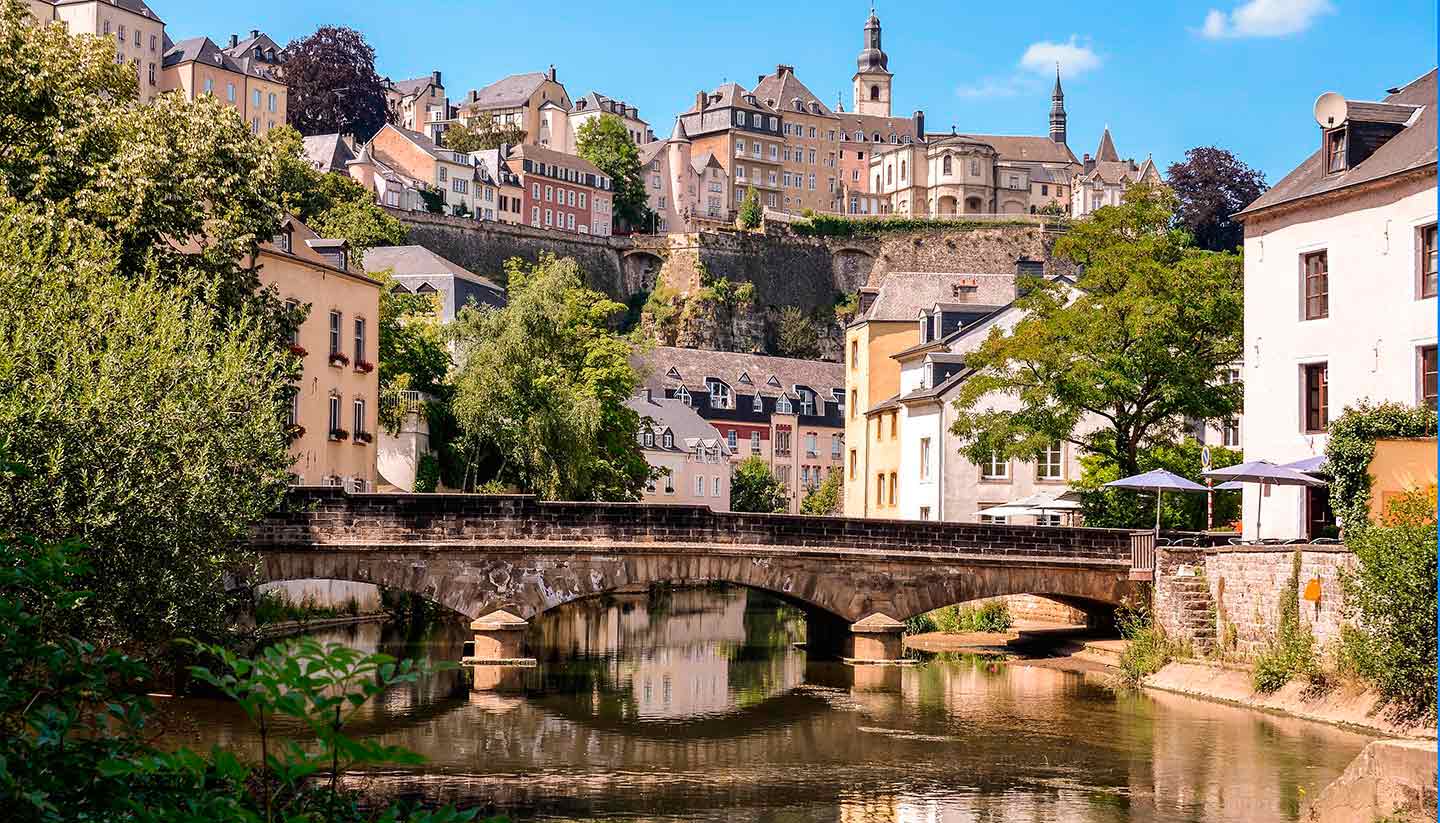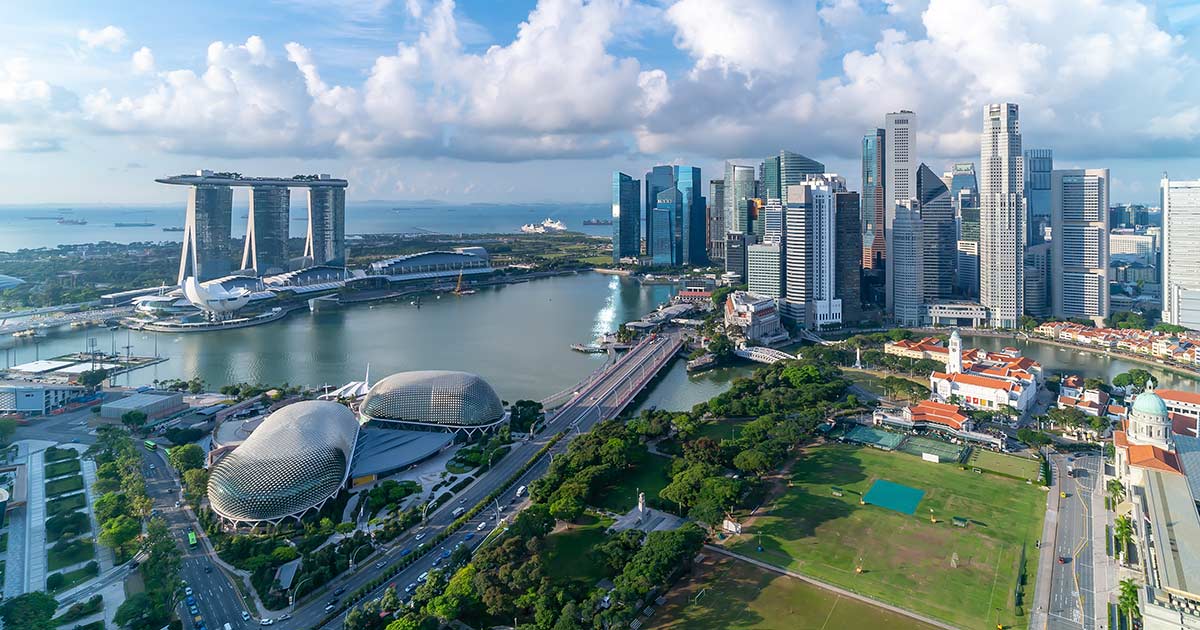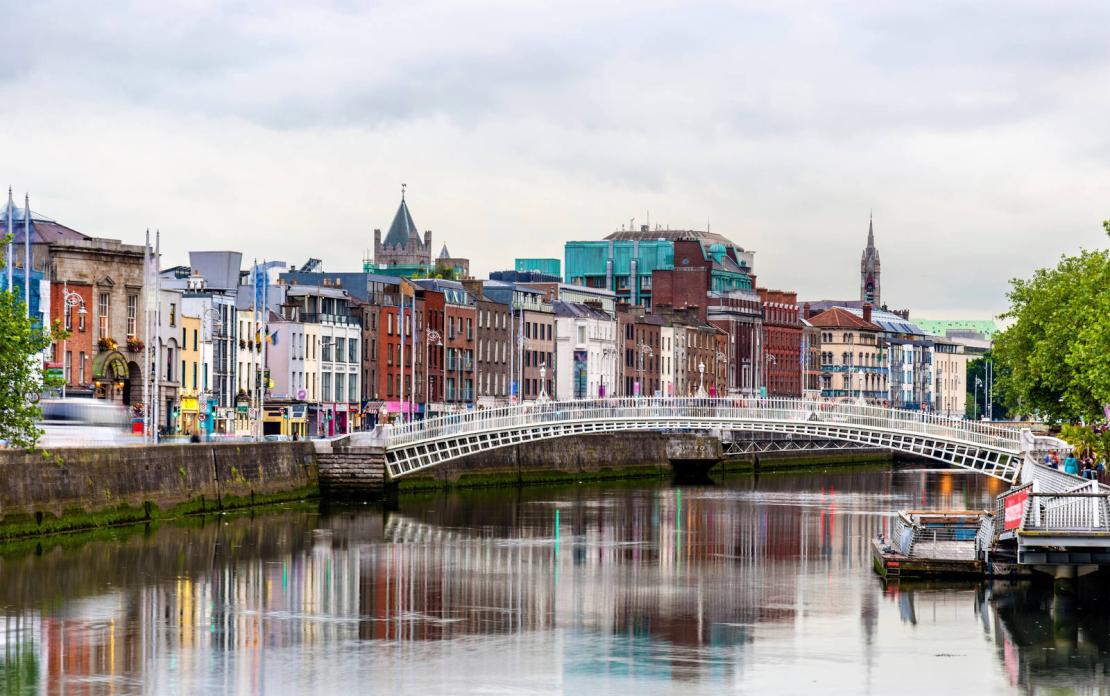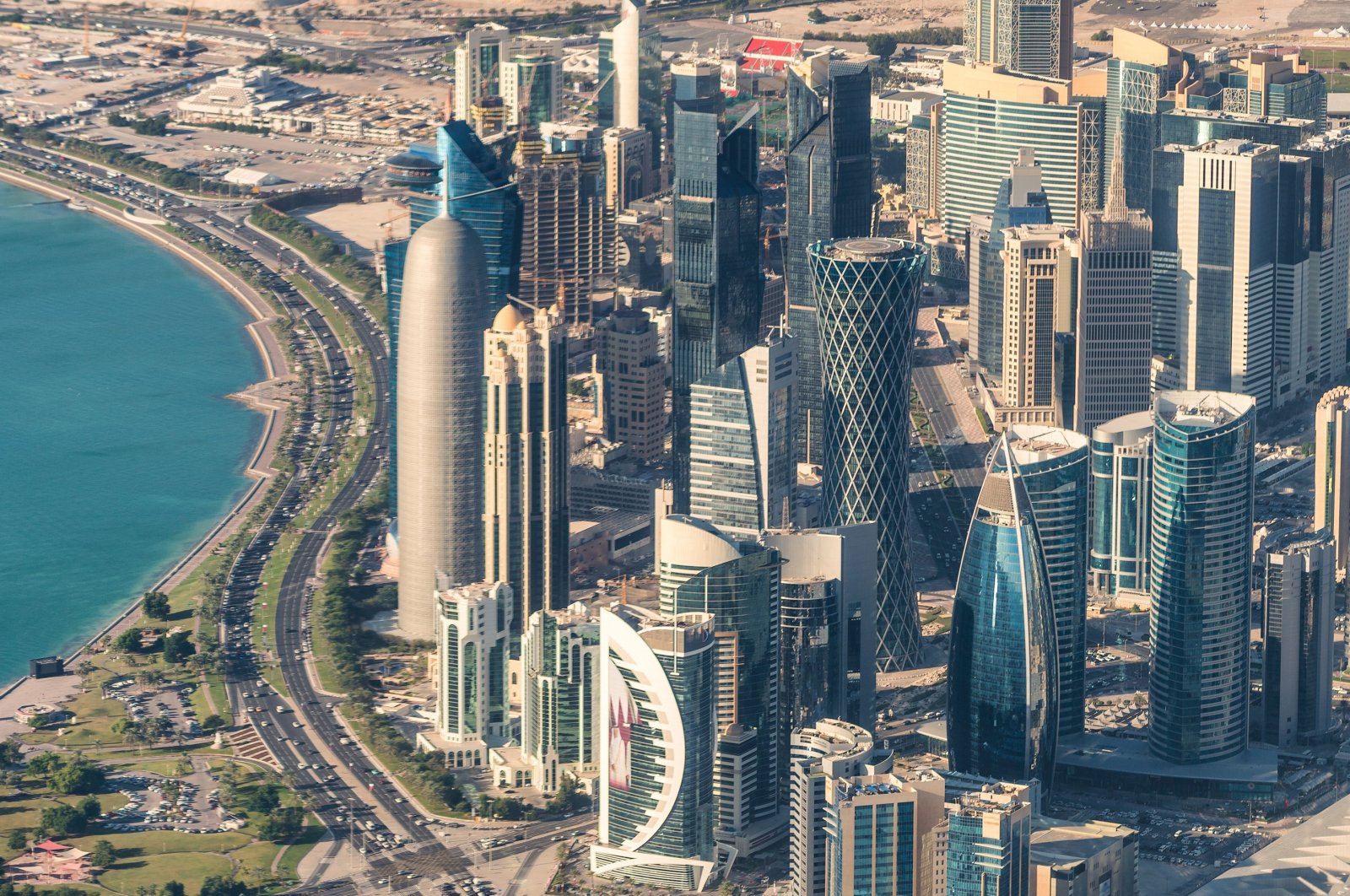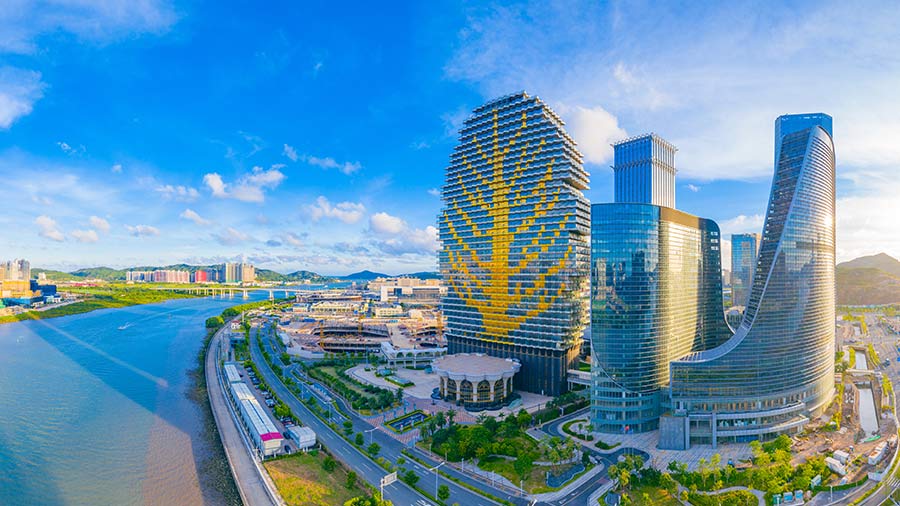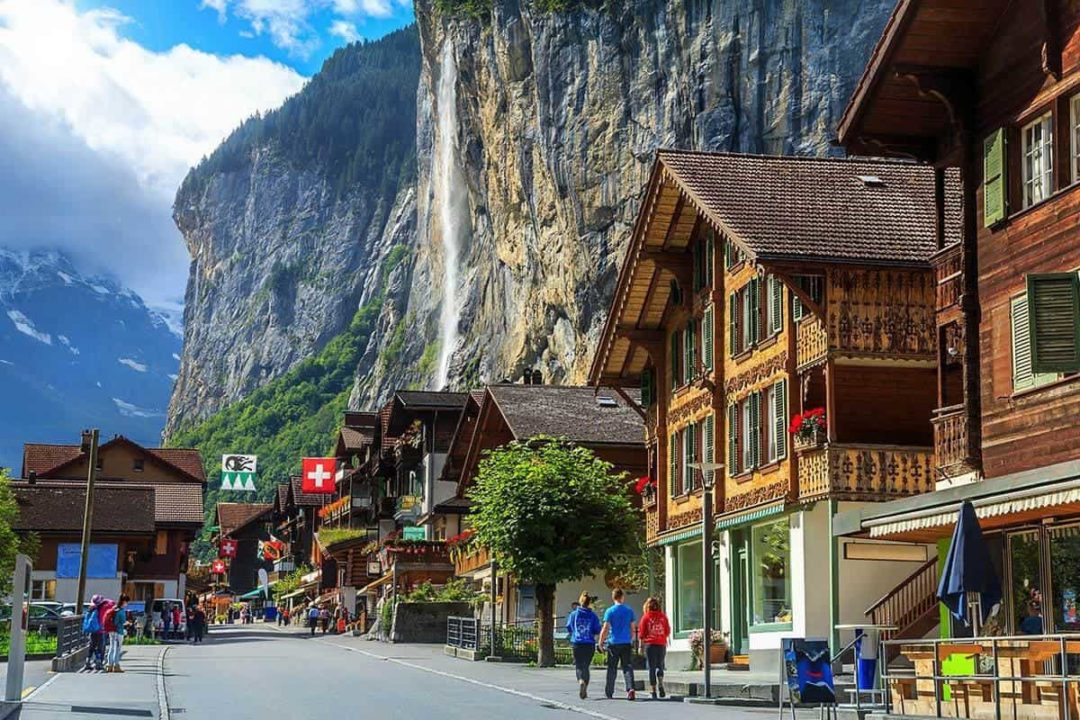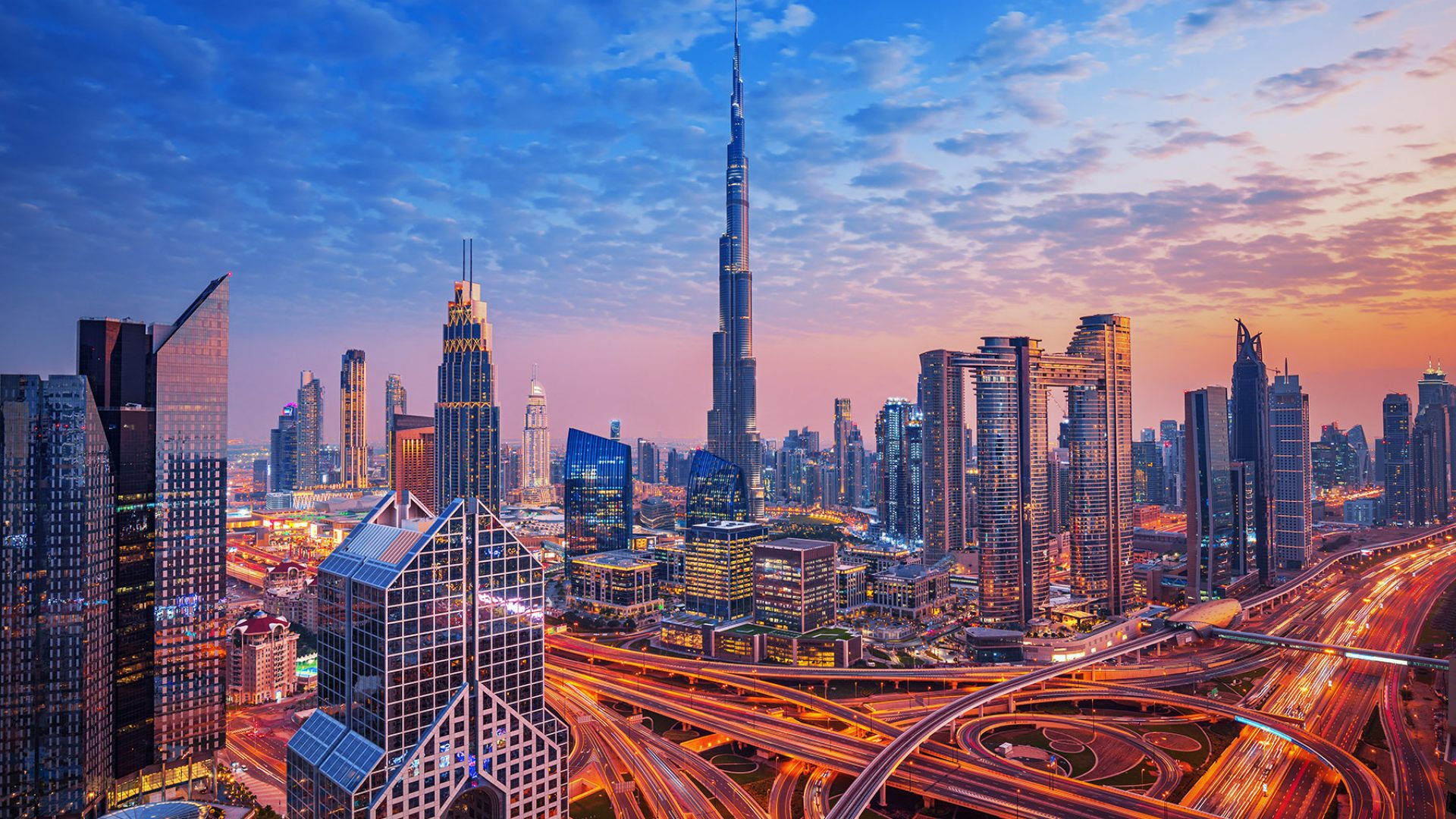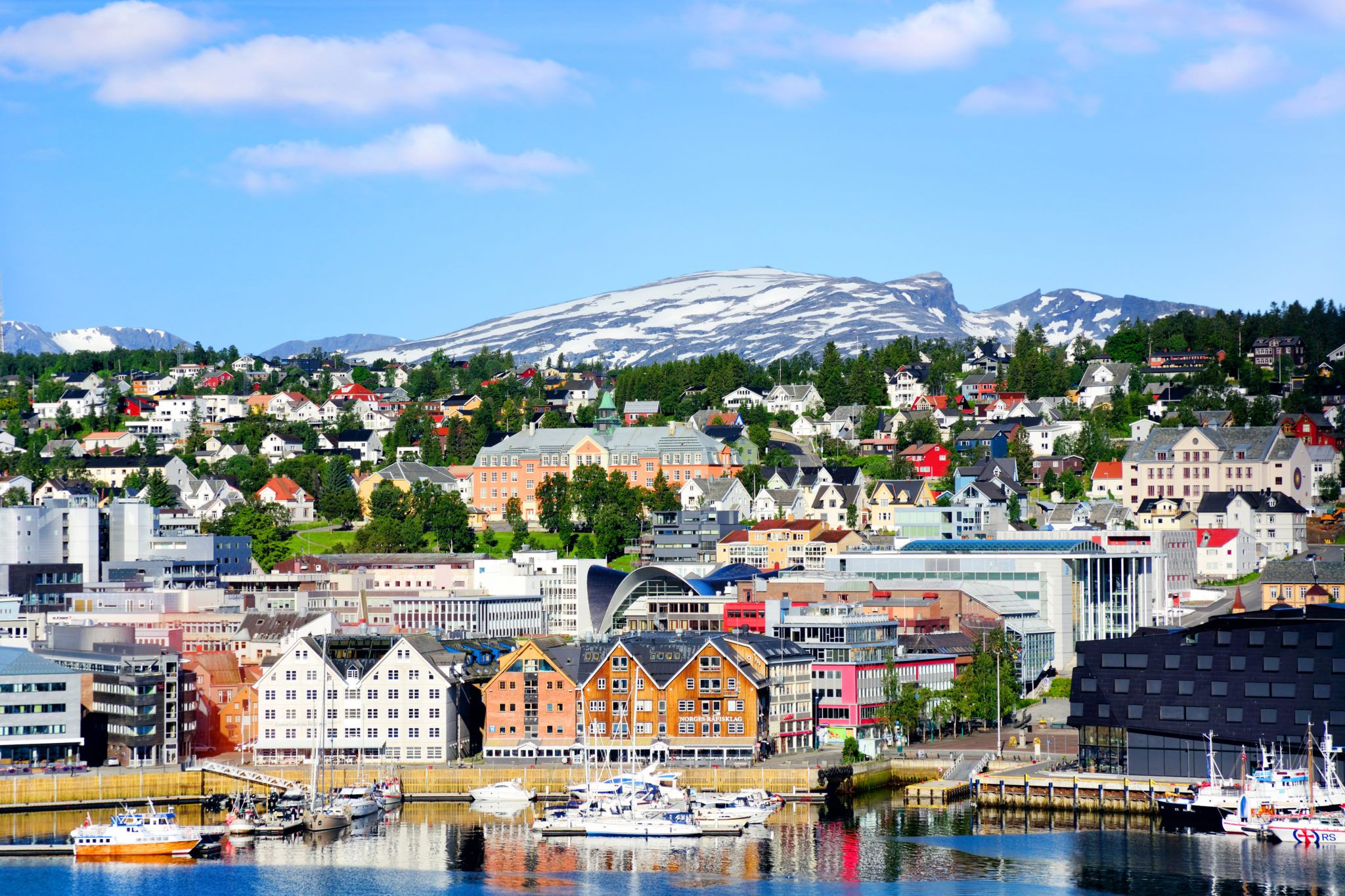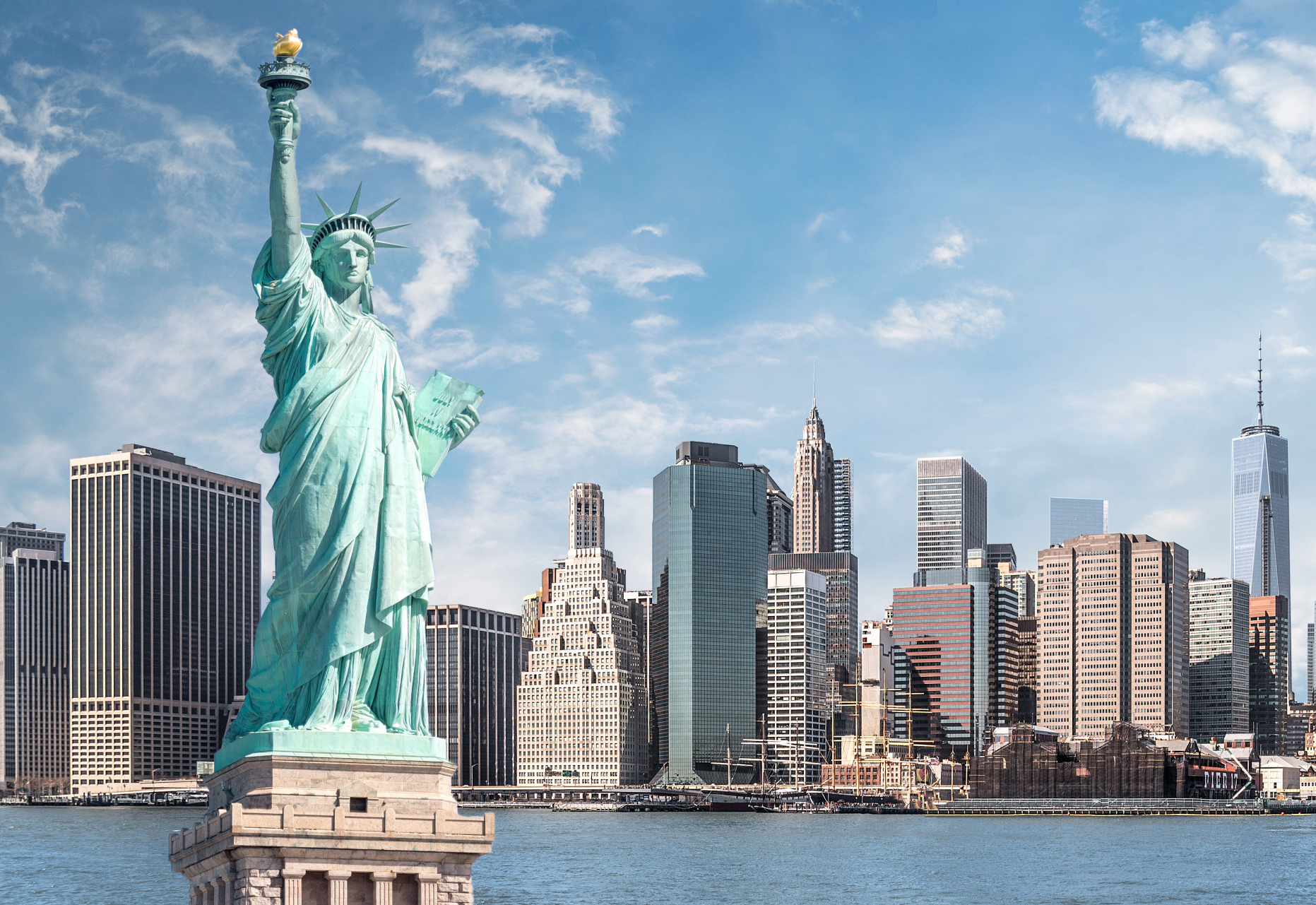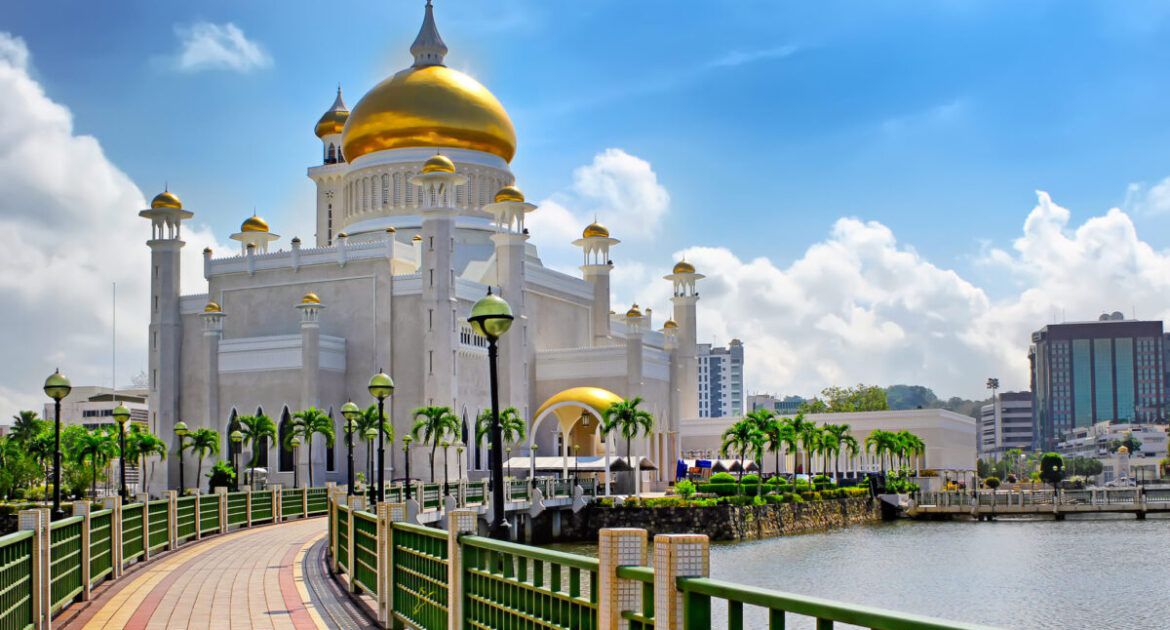Richest People
Top 10 Richest Countries In The World (2022)
we compiled a list of the top 10 richest countries in the world in this article. You are probably wondering about the richest countries…
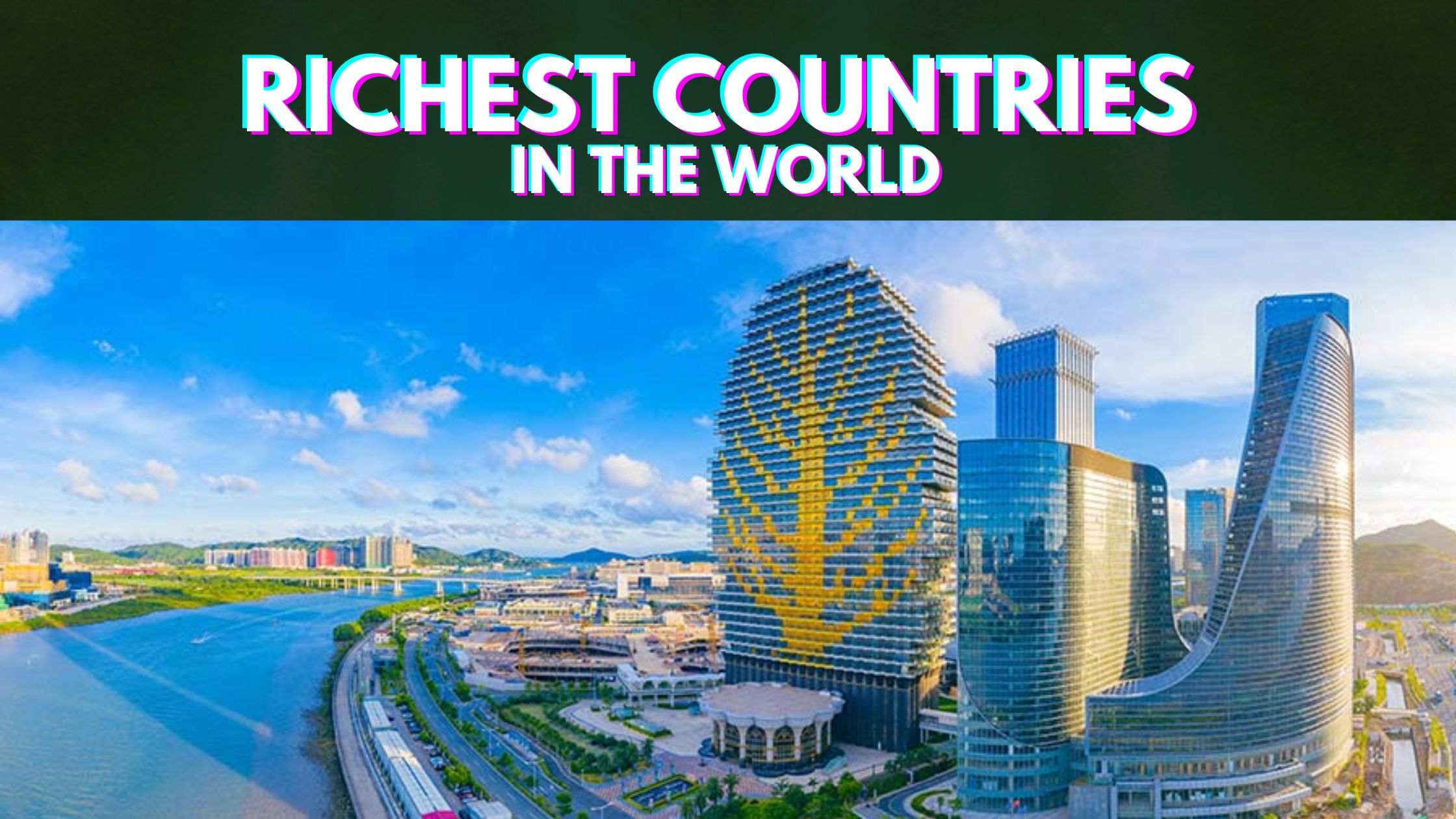
You are probably wondering about the richest countries in the world, isn’t it? You should worry less as we have compiled a list of the top 10 richest countries in the world in this article.
The measure we at RNN used to bring about the richest countries in the world is GDP ie their Gross Domestic Product. As you may know, the Gross Domestic Product is a measurement of a nation’s wealth that includes income, consumption, and the value of the goods and services the nation generates over the course of a year.
What makes GDP so popular in exhibiting and comparing wealth is setting the benchmark according to these metrics and creating the same criteria across the board. The wealth and prosperity of the nation’s citizens can frequently be determined by the GDP per capita, which should be high. That said, let’s discuss more of the top 10 richest countries in the world.
READ ALSO: Top 10 Most Expensive Yachts In The World (2022)
Top 10 Richest Countries In The World
The table below contains the name and GDP of the top 10 richest countries in the world
| RANK | NAME | GDP per Capita($) |
| 1. | Luxembourg | 140,694 |
| 2. | Singapore | 131,580 |
| 3. | Ireland | 124,596 |
| 4. | Qatar | 112,789 |
| 5. | Macao SAR | 85,611 |
| 6. | Switzerland | 84,658 |
| 7. | United Arab Emirates | 78,255 |
| 8. | Norway | 77,808 |
| 9. | United States | 76,027 |
| 10 | Brunei Darussalam | 74,953 |
1. Luxembourg
Luxembourg is the richest country in the world; it is renowned for having a low unemployment rate and high-income levels. Its wealth is likewise very steady, with an inflation rate of 1.1%.
The World Economic Forum attributes Luxembourg’s high GDP primarily to the enormous number of people who work in this small, landlocked country while living in its bordering western European neighbors. The developed infrastructure and high labor market values draw investment and clones of the major outside companies.
Visit Luxembourg for its castles, picturesque scenery, cultural events, and delectable cuisine. Or, as many people do, you may just open an offshore account through one of its banks and never leave.
It would be unfortunate, though, as this country of roughly 630,000 people, which is located right in the middle of Europe, has a lot to offer both its citizens and visitors.
The country made an excellent adjustment after being heavily dependent on the steel and iron industry until it stopped producing profits in the 1970s. Nowadays, Luxembourg benefits from a variety of businesses, primarily from an import-export economy built on financial services, and by having one of the most educated workforces in the world.
Small and medium-sized businesses have grown, and international firms have increased their demand for highly qualified workers who can speak several languages. The nation also has a modest but thriving agricultural sector.
With the greatest level of living in the Eurozone, Luxembourg uses a significant portion of its resources to provide better housing, healthcare, and education to its citizens. Luxembourg is first on our list of the top 10 richest countries in the world.
2. Singapore
The second country among the richest countries in the world is Singapore. The hard-working and resourceful Singaporeans have managed to make their nation the second-richest country in the world despite the lack of natural resources on which to base its economy. The economy is fueled by serving as a major worldwide hub for businesses providing financial services. The nation’s primary exports include electronics, biotechnology, and chemicals, and the positions in manufacturing, services, transport engineering, and logistics pay highly for its workers.
Singapore draws millions of tourists each year by building upscale infrastructure and greatly growing its tourism industry. An extremely investor-friendly economic climate with free trade, an open market, and enticingly low tax rates was also created by the government, which attracted foreign companies and business visitors.
But how did Singapore achieve such economic success? Half of the people in the city-state were illiterate in 1965, the year it gained independence. Despite having almost no natural resources, Singapore developed into one of the most business-friendly nations in the world through perseverance and wise policies.
The fact that 98% of the adult population is now literate is the most essential reason Singapore is a successful trade, manufacturing, and financial powerhouse. That does not mean that it has been spared the repercussions of the global recession; in fact, the economy fell by a record 5.4% in 2020, plunging the nation into recession for the first time in more than a decade. Singapore is second on our list of the top 10 richest countries in the world.
3. Ireland
Ireland is the third country among the richest countries in the world; numerous multi-billion dollar businesses are continually drawn to Ireland by its low corporate taxes, where they can expand and contribute to the country’s GDP and high level of living.
Despite having high earnings, the income per capita has grown far more slowly than the country’s GDP. Others are envious of the nation’s stability and continued prosperity from manufacturing, agriculture, and tourism.
What makes up the majority of the nation’s exports include metals, food, beer, computers, components, and software, as well as textiles. Ireland also relies heavily on its tertiary sector, which includes contact centers, law firms, accountancy firms, customer service companies, stockbrokers, and restaurants.
Ireland seemed invincible until lately. The Irish economy was booming while the rest of Europe was dealing with a variety of difficulties (Brexit, trade disputes with the U.S., refugee and migration crisis, to mention a few).
It saw growth of almost 4.9% in 2019, above the 1.5% growth of the Eurozone as a whole. It would be reasonable to assume that Covid changed that. However, Ireland once more surpassed all predictions as its GDP rose by 5.8% in 2020 and by a staggering 13% in 2021.
Forecasts for 2022 are slightly more cautious, at roughly 5.2%, but most countries can only hope to reach such a level of growth. Ireland is third on our list of the top 10 richest countries in the world
4. Qatar
Qatar is fourth among the richest countries in the world; the once-sleeping peninsula off the eastern coast of Saudi Arabia has transformed in the last 20 years from a little fishing sector and nearly no schools to a significant oil-exporting international center.
In 1997, Qatar started shipping a lot of natural gas to Spain and Japan, and in the early 2000s, it started shipping more natural gas to other nations. Its GDP increased dramatically from $30 billion to over $200 billion after fifteen years and 14 natural gas plants.
With reserves of almost 900 trillion cubic feet, Qatar boasts the world’s greatest natural gas reserves, surpassing Iran and Russia. This resource accounts for 60% of Qatar’s total GDP.
Despite the recent increase, oil prices have generally declined since the middle of the 2010s, often dramatically. The per-capita GDP of a Qatari resident was above $143,222 in 2014, “only” $97,846 in 2015, and continues to be lower than it has ever been.
The country boasts enormous oil, gas, and petrochemical reserves while having a tiny population of just 2.8 million, which has allowed it to consistently rank at the top of the list of the richest countries in the world for 20 years. Qatar is fourth on our list of the top 10 richest countries in the world.
5. Macao SAR
Macao is fifth among the richest countries in the world; popularly called the Las Vegas of Asia, Macau has seen many people gamble that it would soon become the richest country in the world.
Previously a colony of the Portuguese Empire, this special administrative zone of the People’s Republic of China has seen its wealth increase at an astonishing rate since the gambling industry was liberalized in 2001.
This tiny peninsula south of Hong Kong, which has a population of just over 600,000 and more than 40 casinos distributed across an area of around 30 square kilometers, has become a money-making machine.
In terms of gambling, Macau is very well known. It’s a haven for gamblers. The most intriguing aspect of Macau is that gaming accounts for a large portion of its economy. 60% of its economy is accounted for by gambling, ranking it as the 83rd largest economy.
Most of the tourists visiting the city are from China and other countries. The majority of those there are gamblers and gamers who travel to Macau just for gambling. The location undoubtedly has other things to offer visitors despite being a gaming destination.
There are many different types of casino games available in Macau. There is a good chance that every game you can imagine will be available. Macau offers you the chance to play thousands of casino games like Blackjack, Baccarat roulette, Baccarat, Boule, Sic bo, Fan Tan, and Keno, giving you the chance to have an unforgettable experience.
There are 38 casinos in Macau. The majority of its casinos are governed by the authorities and are open around the clock. And if you enjoy playing slots, Macau has no shortage of such. Macau is fifth on our list of the top 10 richest countries in the world.
6. Switzerland
Switzerland is sixth among the richest countries in the world. In Switzerland, one of the happiest and healthiest countries on the planet, people who speak German, French, and Italian coexist harmoniously and successfully for more than 800 years.
People continue to visit Switzerland for business or tourism despite its high cost of living, pricey goods and services, and the Swiss Frank’s extremely high value with a high conversion rate to other currencies.
Switzerland is regarded highly by investors looking for a safe haven for highly lucrative endeavors because of its stable economy and fixed currency value. Investment is attracted by Switzerland’s attractive tax rates, and foreign businesses are looking to develop there as well.
Today, however, this 8.6 million-person nation owes most of its income to banking and insurance services, tourism, as well as exports of goods including pharmaceuticals, gems, precious metals, machinery, and precise instruments (from watches to medical apparatuses and computers). Switzerland is sixth on our list of the top 10 richest countries in the world.
7. United Arab Emirates
The United Arab Emirates is seventh among the richest countries in the world. The economy of the United Arab Emirates is likewise diversifying more and more. Other than the hydrocarbon industry, which has historically dominated the economy, other industries include trade, finance, tourism, and construction.
This is not to imply that the pandemic and the ensuing decline in oil prices had no effect on the Emirates; in fact, the nation briefly dropped from the IMF’s list of the world’s richest countries for the first time in decades.
After oil was discovered in the late 1950s, residents of Dubai and Abu Dhabi clashed, with the latter winning the oil war and prospering while the former struggled. While Abu Dhabi prospered, Sheikh Rashid bin Saeed Al Maktoum, the ruler of Dubai, never lost faith in the promise of his state.
On 1958, he loaned the state tens of billions of dollars to invest in its infrastructure, and by 1960, the state had built its first airport. The United Arab Emirates is seventh on our list of the top 10 richest countries in the world.
8. Norway
Norway is eighth among the richest countries in the world. With its excellent educational systems, distinctive social security system, and universal health care, Norway is renowned for having the best standard of living on Earth and ranking first on the human development index.
Its raw oil and gas exports drive the economy, and a wealth of reserves—including those for freshwater, minerals, lumber, hydropower, seafood, and hydro—ensures future success. Since the 1970s, oil has been another profitable commodity for Norway.
Oil has been the main source of energy for Norway’s economy ever since significant offshore deposits were discovered in the late 1960s. Being the largest producer of petroleum in Western Europe, the nation has benefited from rising prices for many years.
Until it didn’t: Prices plummeted at the start of 2020, followed by the global pandemic, sending the krone into a free spiral. The Norwegian plummeted by 6.3% in the second quarter of that year, the most since the Second World War and maybe since then.
While parents make sure that children understand the value of production at school from an early age, the government invests in providing free education for its citizens.
In Norway, staying active at work is a cultural requirement; without it, people would not enjoy life. The two primary industries are technology and telecoms. With unemployment and poverty rates of just 3 and 0.5%, respectively, it is understandable why other countries aspire to Norway’s high standard of living.
Despite the high cost of living in Norway, Norwegians don’t mind investing in their country’s economy, and their high incomes allow them to spend lavishly abroad. Norway is eighth on our list of the top 10 richest countries in the world.
9. United States
Definitely not a surprise to be among the richest countries in the world. The United States has the largest economy in the world and a land that is resource-rich, giving it strong purchasing power.
More so, the scale of its economy and the high pace of real GDP growth is unmatched by any other nation, and it supplies its own energy and can profitably export its oil and gas.
However, many people lined up at food banks after losing their jobs and businesses, facing staggering medical bills or other obligations, or both. Since then, the labor market has improved, but earnings are being eaten up by inflation, which is at a 40-year high. How the really wealthy fared during these years of economic turmoil is quite another story. The United States is ninth on our list of the top 10 richest countries in the world.
10. Brunei Darussalam
Brunei is also among the richest countries in the world. The little nation of Brunei, located in South Asia, quickly expanded to become one of the richest nations in the world after gaining independence from Britain in 1984.
Its Sultan controls all aspects of society, including the military and the economy, imposes strict punishment laws, and offers its people free healthcare and education. Over 97% of people in Brunei are literate.
The offshore oil drilling business, which generates economic wealth through export, is what has made Brunei so wealthy. It is commonly known that a significant portion of the population in Brunei owns an automobile, which is more than the average for the world.
Prostitution frequently goes “unnoticed,” even though there are stringent laws against it. Even the Sultan has been the subject of countless sensational articles for being a “sex-obsessed king.”
Fortunately, the worst of the COVID-19 pandemic spared the nation. It was not immune to the oil price decline brought on by the epidemic; after reaching a 13-year high of 3.8% economic growth in 2019, GDP slumped to 1.1% in 2020 and to -0.6% in 2021.
However, oil prices have already mostly recovered due to the conflict in Ukraine, and estimates for Brunei’s GDP, which is currently anticipated to rise by 5.8%, have done the same. Brunei is tenth on our list of the top 10 richest countries in the world.
READ ALSO: Top 10 Tallest Buildings in Nigeria in 2022
Top 10 Richest Countries In The World
The table below contains the name and GDP of the top 10 richest countries in the world
| RANK | NAME | GDP per Capita($) |
| 1. | Luxembourg | 140,694 |
| 2. | Singapore | 131,580 |
| 3. | Ireland | 124,596 |
| 4. | Qatar | 112,789 |
| 5. | Macao SAR | 85,611 |
| 6. | Switzerland | 84,658 |
| 7. | United Arab Emirates | 78,255 |
| 8. | Norway | 77,808 |
| 9. | United States | 76,027 |
| 10 | Brunei Darussalam | 74,953 |
Conclusion
The richest countries on the list above show the dominance of European countries. The list also includes Middle Eastern countries with oil-rich economies like the UAE and Qatar. The future of these countries will rely on how well they diversify their economies, though, as their fossil fuel sources are quickly running out.
In terms of per capita GDP, the United States, which has the largest nominal GDP in the world, is ranked ninth. In the near future, rankings for the richest countries in the world may drastically shift due to the unprecedently rapid pace of global change. We, however, hope you enjoy reading about the top 10 richest countries in the world

